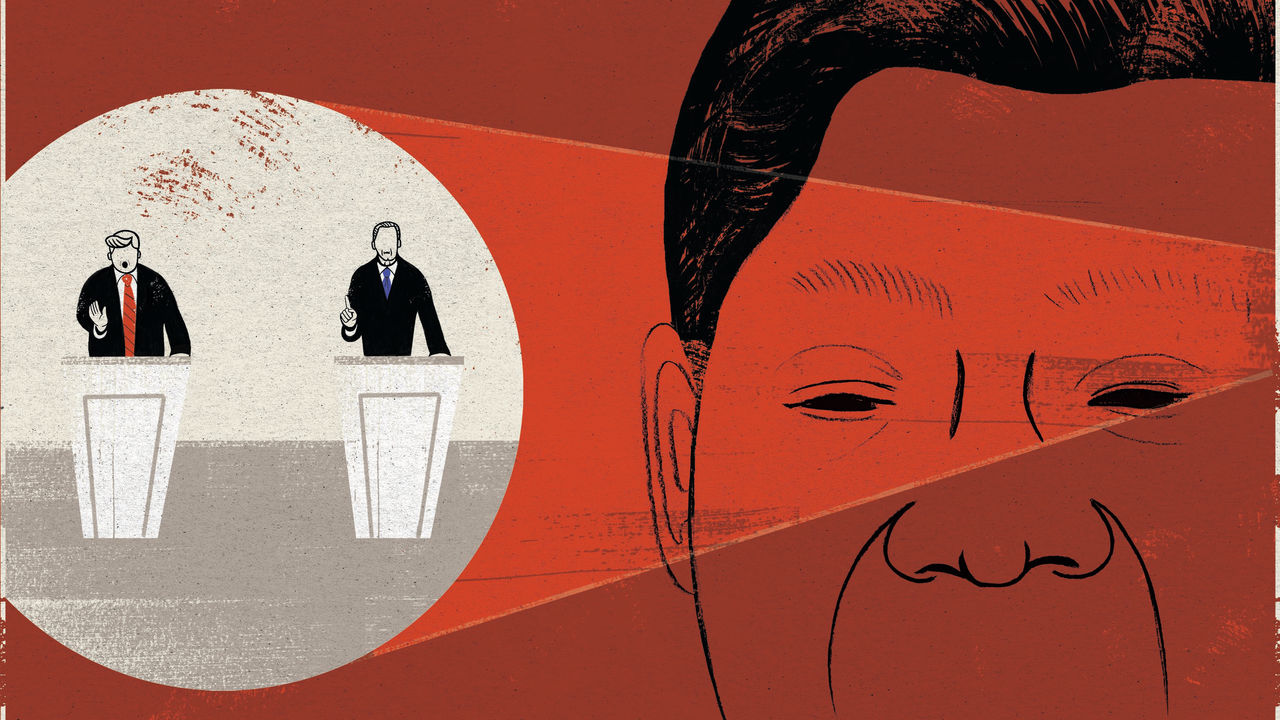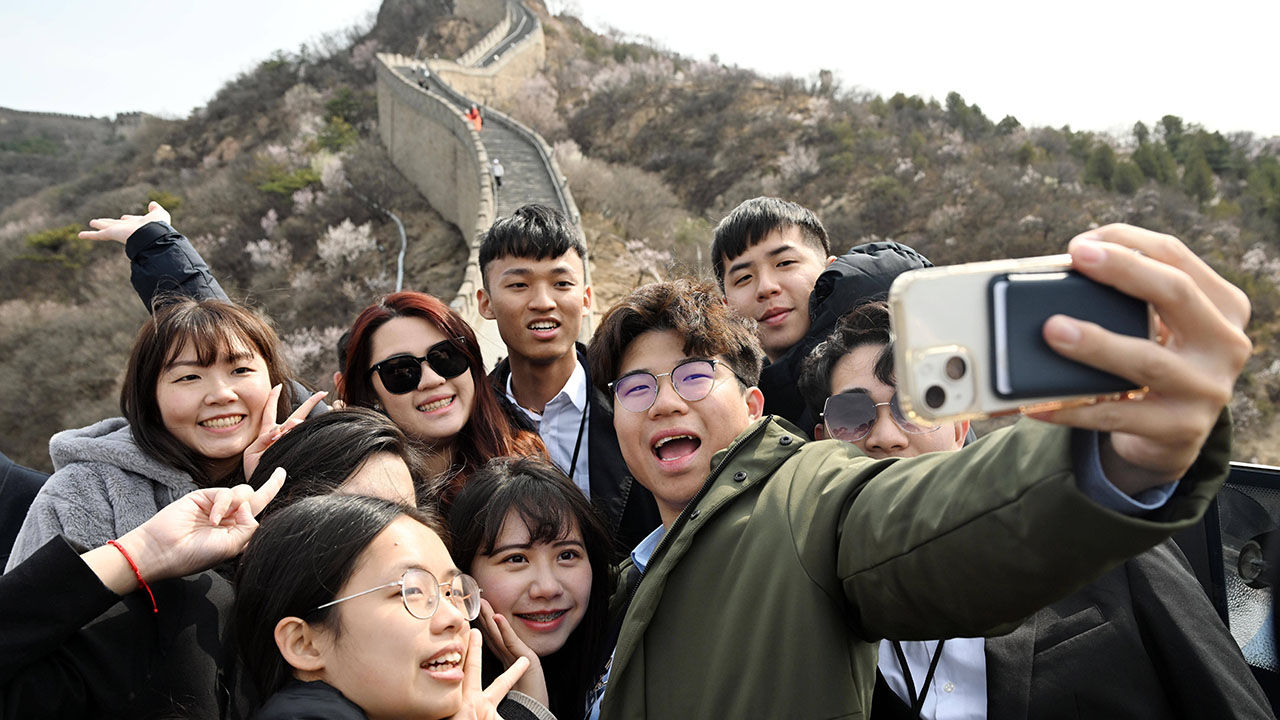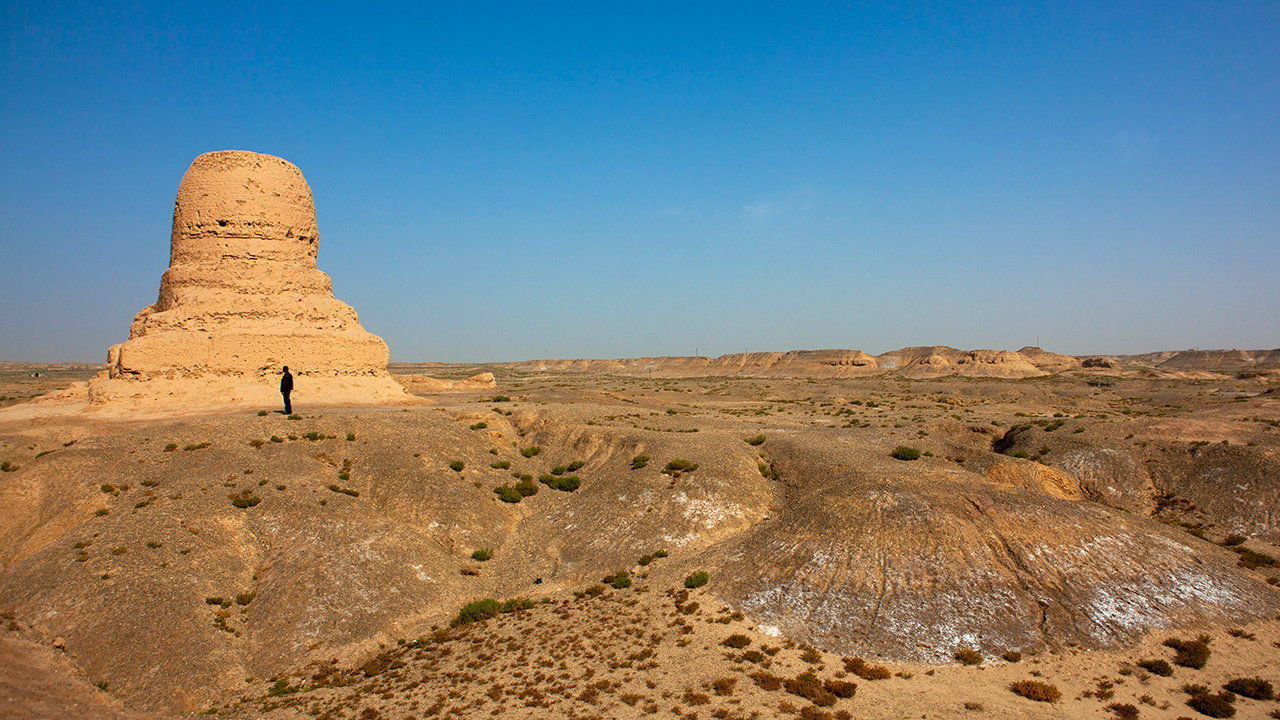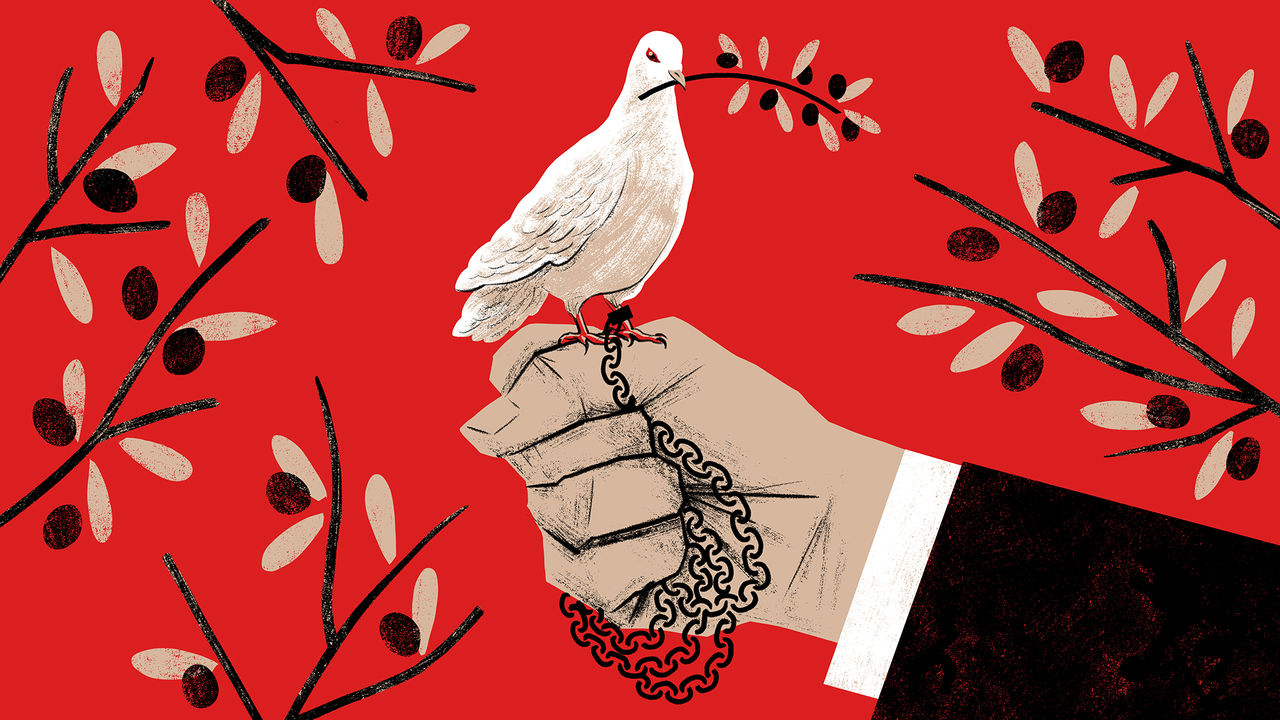Chinese officials scorn President Joe Biden’s view that the world is engaged in a “battle between democracy and autocracy”. In their view this is dangerous cold-war talk. But they are tough fighters themselves, ever keen to sow misgivings at home and abroad about Western democracy’s failings. The weaknesses revealed by America’s presidential contest and, in particular, the debate between Mr Biden and Donald Trump on June 27th may help their case. The Communist Party’s Schadenfreude, though, is mixed with apprehension. The Economist
Day: July 11, 2024
Songs, pandas and praise for Xi: how China courts young Taiwanese
HENRY WANG enjoyed his recent trip to the province of Sichuan. The 22-year-old was in China to attend a camp for young Taiwanese. He spent seven nights in four-star hotels, feasting on hot pot, viewing pandas and visiting historic sites. The Chinese government paid for most of it. The only annoying part was the political indoctrination. He tolerated yammering about cross-strait unity, praise for China’s leader, Xi Jinping, and songs about being one family. “I thought of it as the extra cost I had to pay for a cheap trip,”…
China is using archaeology as a weapon
In the desert outside Kashgar, an oasis city in the far-western region of Xinjiang, an ancient Buddhist stupa rises out of the sand. Because of its conical shape, it is known as Mo’er, the word for “chimney” in the language of the native Uyghurs. The stupa and a temple next to it were probably built some 1,700 years ago and abandoned a few centuries later. Chinese archaeologists started excavating the site in 2019. They have dug up stone tools, copper coins and fragments of a Buddha statue. The Economist
What China means when it says “peace”
A SWIFT end to the Ukraine war on Russian terms would fill many governments with a sense of loss. In much of western Europe and beyond, a deal that rewarded Russia for its aggression—exchanging a ceasefire for vast swathes of Ukrainian territory, for instance, or a pledge that Ukraine will never join NATO or any other Western alliance—would feel like appeasement, not peacemaking. A pillar of the post-second-world-war order, involving a refusal to see borders redrawn by force, would have fallen. The Economist



